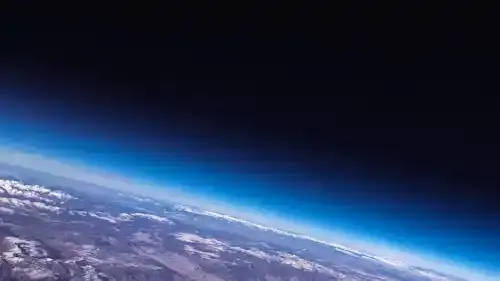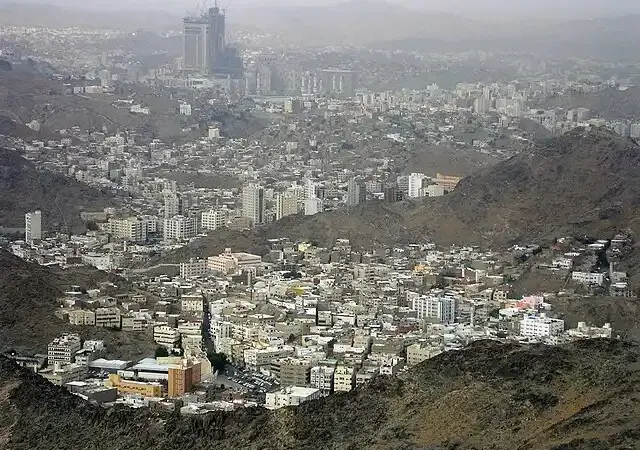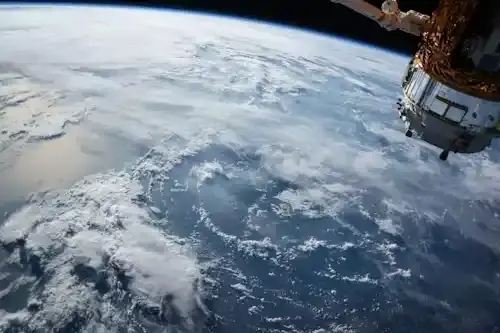Who are these environmental activists, and are they ecologists?
In recent years, there has been a lot of talk about environmental activism and environmental activists. They have also become commonplace to confuse them with environmentalists. This article aims to illustrate the difference between them, and the complementarity that both can play in improving our environment.
Show key points
- Environmental activism involves individuals or groups identifying ecological threats and taking action to raise awareness or implement solutions through various means like grassroots movements and national campaigns.
- Unlike environmental activists, environmentalists typically focus on scientific study and understanding of the environment rather than taking public advocacy roles.
- Participation in environmental activities can begin with simple actions like volunteering for clean-up projects and can evolve into broader involvement through political or community engagement.
- ADVERTISEMENT
- Environmental activism plays a vital role in mobilizing public opinion, influencing policymakers, and encouraging companies to adopt more sustainable practices.
- A major concern is when scientists become activists, potentially compromising scientific objectivity and credibility by promoting selective or exaggerated evidence.
- The misuse of scientific knowledge by activists to support moral or political agendas can blur the line between fact-based science and advocacy-driven rhetoric.
- Maintaining a clear distinction between neutral scientific research and environmental activism is essential to avoid public confusion and ensure informed policymaking.
Environmental Activity:

Environmental activity" is defined as the actions of individuals or groups that protect or assist the environment. Environmental activists are the participants in this movement, who identify issues that threaten the survival of the planet, from societal to global concerns, and then develop strategies to promote awareness or produce solutions that directly address the problem. There are several ways to do this, from local grassroots strategies to national campaigns. In some cases, environmental advocacy can also include another important activity, such as social justice, or a creative artistic activity. Regardless of how it is done, the goal of environmental activism is clear: to create a harmonious living environment that can be passed down from generation to generation without being subject to poor human management.
Recommend
How to participate in environmental activity:

The first step towards defending the environment can be small and simple, such as doing a volunteer project to plant trees or clean up pollution on the beach. This can help an individual feel comfortable with the activity and identify a specific environmental issue that concerns them. And then they may be willing to join a larger movement or get inspired to build awareness for themselves. Working with community leaders and politicians enables people to use their voices to participate in activism and can help paint a clearer picture of government's role in protecting the environment.
Why is environmental activity important?

It is important to involve all people in defending the environment, as environmental activism needs the participation of all age groups. Young and old activists can work together to bring us closer to protecting the planet for future generations to enjoy. For example, environmental activism can attract a great deal of attention to serious issues and mobilize others to use their voices and votes to influence politicians. Activists can also help draft environmental legislation. This type of activity can also have an impact at the corporate level. Raising awareness of environmental concerns may prompt companies to develop more sustainable practices, adopt green strategies and proactively engage in corporate social responsibility.
Problems:

There is concern about environmentalists becoming environmental activists because scientists should not have a prior interest in the results of their studies. As in any academic case, the pursuit of objectivity must also take into account all aspects of global climate change research. Although there is no problem with researchers taking public positions on environmental issues, there are potential conflicts when researchers selectively use information or exaggerate the problems to human-induced global warming, thereby politicizing climate and environmental change. Without self-criticism and diversity of views, scientists will ultimately damage the credibility of their research, possibly causing a broader public, political, and economic backlash.
On the other hand, there is concern about environmental activists posing as scientists, as this could be a misleading form of exploitation. In fact, there is a fine line between the use of science and its misuse. There is evidence of the strategic and selective transfer of scientific information for climate action. Non-specialist activists often embrace scientific arguments as a source of moral legitimacy for their movements, which can be radical and destructive rather than rational and constructive. However, unlimited faith in scientific knowledge is problematic, because science is not entitled to absolute truth or moral authority. The idea that science is explanatory rather than exploratory is a naïve exaggeration that could fuel the complex sphere of global climate change into an artificial doctrinal religion for the wider public. It is also completely irrational for activists to ask to "follow the science" if there is no one direction. Again, even obvious cases such as human-induced global climate change do not justify deviation from long-standing scientific norms that have distinguished the academic world from the social, economic and political spheres.

The increasing confusion between environmental science and environmental activism, where scientific insights are adopted to reinforce predetermined positions, not only creates confusion among politicians, stakeholders and the wider public, but also reduces academic credibility. Blurred boundaries between ecology and environmental activism can harm environmental and climate protection movements, as well as much-needed international approvals for sustainable growth and the global energy transition. If unrestrained climate activity leads to widespread panic or apathy, people may think it's too late to act or that action doesn't matter. This criticism of the uncontrolled integration of ecologists and activists should not be understood as a general critique of environmental activism, but merely a recommendation that neutral science remain unbiased and avoid any form of choice. Policymakers should continue to seek and consider accurate information from an increasingly complex media landscape with overlapping academic, economic, and public interests.
![]()
Golden hydrogen can change the course of the globe
Golden hydrogen, naturally formed deep underground, offers a clean, carbon-free energy source. It's abundant, renewable, and doesn't emit harmful gases, making it a game-changer for sustainable energy. Scientists are using AI to detect surface markers pointing to its presence, opening new frontiers in the search for eco-friendly fuel. more- ADVERTISEMENT
![]()
Quick tips to become a successful salesman
Success in sales comes from knowing your product, understanding customer needs, and building strong relationships. Always listen actively, communicate clearly, and stay passionate. Keep learning, stay organized, and never fear rejection—it’s just part of the journey to closing more deals and reaching your goals. more- ADVERTISEMENT
![]()
Time Management Skills: Effective Methods to Increase Productivity
Time isn’t just ticking—it’s the most valuable thing we have. Managing it right means less stress, more focus, and better balance between work and life. With simple techniques like prioritizing tasks or using the Pomodoro method, we can work smarter, not harder, and truly make every moment count. more- ADVERTISEMENT
![]()
Makkah: A Journey of Faith to the Most Holy Place on Earth
Makkah is more than a city—it’s a powerful spiritual journey. Standing before the Kaaba, climbing Jabal al-Nur, or praying at Mount Arafat offers a deep connection to history, faith, and humanity. For any traveler, Mecca promises a unique and unforgettable experience rooted in timeless Islamic heritage. more- ADVERTISEMENT
![]()
Neolithic revolution
The Neolithic Revolution more- ADVERTISEMENT
![]()
A Simple Guide to Introducing Yourself: Creating an Unforgettable First Impression
Introducing yourself is more than just saying your name—it’s a chance to show personality, goals, and values. By sharing achievements, teamwork skills, and even hobbies, you can make genuine connections and leave a strong impression, all while staying clear, honest, and adaptable in every interaction. more- ADVERTISEMENT
![]()
5 golden tips to organize your time
Feeling overwhelmed by endless tasks? A weekly schedule can help! Prioritize important duties, delegate when possible, and don’t forget breaks—they recharge you. Limit screen time, shop smart with a list, and learn to say no when needed. Small habits make a big difference in managing time with ease. more- ADVERTISEMENT
![]()
75% of the global diet is produced by just 12 plants and 5 different animals
75% of the global diet is produced by just 12 plants and 5 different animals more- ADVERTISEMENT
![]()
Best castles worth visiting near Edinburgh
Edinburgh is a castle lover's dream, with iconic sites like Edinburgh Castle atop Castle Rock and the mysterious Crichton Castle with Game of Thrones vibes. From romantic Rosslyn to tranquil Lauriston, each castle tells a unique story, making the city’s history come alive in the most unforgettable way. more- ADVERTISEMENT
![]()
Due to lack of funding, old NASA may be on an unsustainable path
Underfunded, aging NASA may be on unsustainable path more- ADVERTISEMENT





















